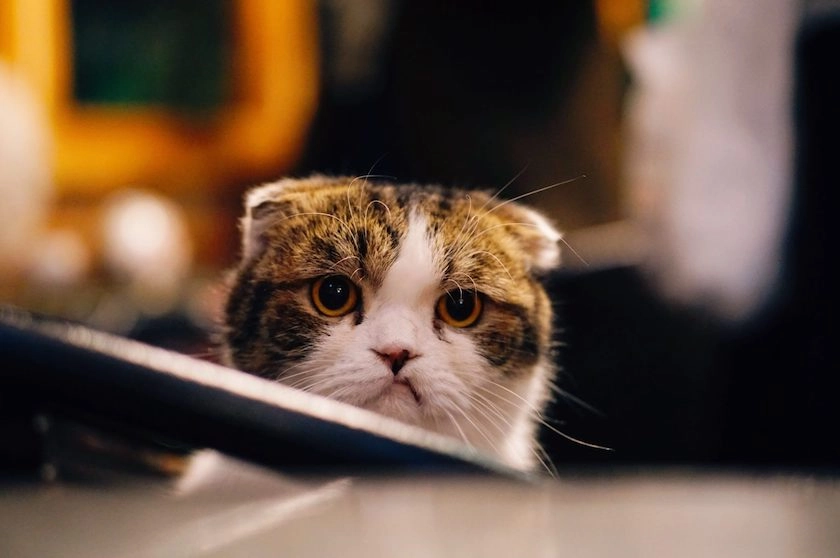December 2022
Uh-oh. I might be too gritty for my own good.
I’m in the middle of conducting research for my new book, BURNOUT IMMUNITY: How Emotional Intelligence Can Help You Build Resilience and Heal Your Relationship with Work (HarperCollins, 2024), and I was curious to see if certain personality traits or elements of our temperament make us more vulnerable to burnout.
Honestly?
Most of the research isn’t surprising. People that score high on neuroticism are more likely to react to difficult situations with fear, anger, sadness, and so on. Low neuroticism scorers are more likely to brush off tough situations and just move on.
And, as I suspected, neuroticism has a strong positive relationship with burnout.
Here’s what surprised me:
There’s one personality trait that falls under the umbrella of conscientiousness. Time and time again, research has found that the more you have of this trait, the less likely you are to experience burnout. (And, of course, the converse is true –– the less you have, the more vulnerable you are to burnout. But let’s stick to the positive for this one.)
Care to guess what the personality trait is?
It’s grit.
According to “grit guru” Dr. Angela Duckworth, grit is a personality trait that combines perseverance and passion for long-term goals. Basically, grit is the sexy new spin on self-determination.
And it’s easy to see why. I mean, who wouldn’t want to be gritty?! Grit helps you work hard and reach goals, instead of just giving up when you encounter an obstacle or a setback.
I’m certainly gritty.
When Dr. Duckworth taught in my doctoral program, she had us take her grit scale. My score was the highest it could have been. I took it again while writing this newsletter and –– yep, I’m still very, very gritty.
So why the heck did I have a life-threatening experience with burnout in 2011? (Much more on this scary wake-up call in my book!) Why am I a living, breathing example of someone who defies the findings of this excellent research? How can this be?!
The research says that grit is good for you. But my experience has been quite the opposite.
Sure, grittiness worked for me for many years. People praised me for my tenacity, perseverance, and stick-to-itiveness. I basked in the recognition. It motivated me to work even harder (and harder, and harder).
As my friend Anna would say, I was someone who believed I could “grit my way through anything.”
So I started to wonder, “Is it possible that too much grit can make you more vulnerable to burnout?”
That question has kept me up at night. And if I’m ever going to get some sleep and figure out how to write about grit in my new book, there’s only one thing to do:
Science the shit out of it.
My research team and I are on it. We’ll begin collecting data for the study in February, and you’ll get a sneak peek at the highlights before we submit the manuscript for publication in the summer.
In the meantime, I’ll be keeping my grittiness under control (or at least trying to!) throughout the holidays by cutting myself some slack with self-imposed, tight deadlines (like getting our family holiday card out before the end of the year – seriously, who cares if it arrives late??) and giving equal grit to my well-being practices.
Trust me. I know how hard work can be, but it doesn’t have to be horrible. I’m here to help! I deliver keynotes and facilitate workshops. (I also work with clients one-on-one, though private coaching with me is booked out until fall 2023). Get the gritty details on keynotes and workshops here.




